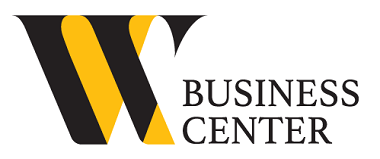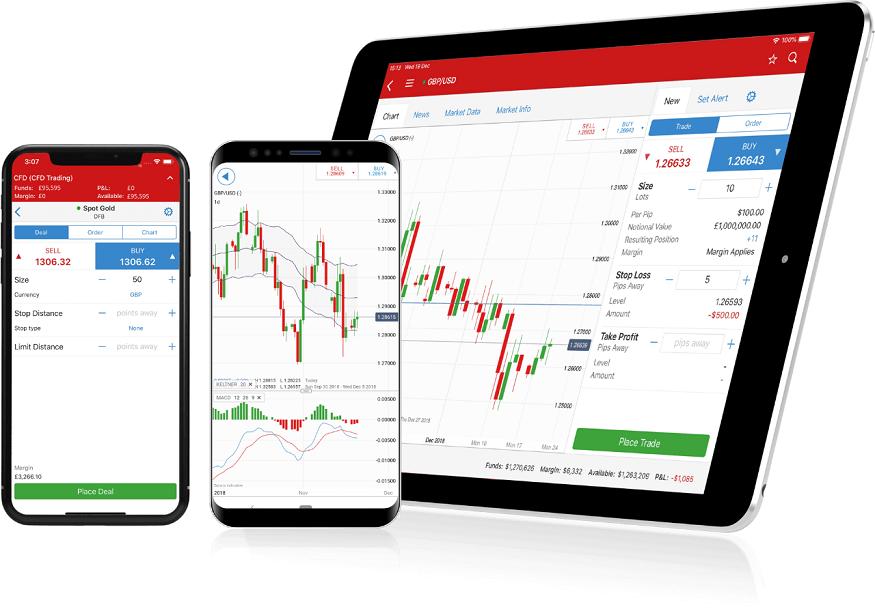Commodities have played a significant role in trading and finance for centuries. They are essential raw materials or primary agricultural products that can be bought and sold. These commodities can be broadly categorised into two main types: hard and soft commodities. In this blog, we’ll explore the differences between these two categories and discuss the advantages of commodity trading online. We’ll also guide you on trading commodities in South Africa through a commodity trading platform.
What are Hard Commodities?
Hard commodities are raw materials or natural resources extracted from the earth. They are tangible, durable, and have a long shelf life. Examples of hard commodities include metals like gold, silver, copper and industrial minerals such as oil, natural gas, and coal.
One key characteristic of hard commodities is that their value is often influenced by supply and demand dynamics. Economic factors, geopolitical events, and technological advancements can significantly impact the prices of hard commodities. For instance, geopolitical tensions in oil-producing regions can lead to fluctuations in the price of crude oil.
Investing in hard commodities can act as a hedge against inflation since they often maintain or increase in value over time. Additionally, hard commodities are used as critical inputs in various industries, making them attractive assets for investors looking to diversify their portfolios and mitigate risk.
What are Soft Commodities?
In contrast to hard commodities, soft commodities are agricultural products grown rather than mined. They include wheat, coffee, cotton, sugar, and cocoa. Soft commodities have limited shelf lives and are susceptible to factors such as weather conditions, pests, and diseases.
The prices of soft commodities are influenced by seasonal patterns and supply-related factors, making them particularly sensitive to changes in weather and crop yields. For example, an unexpected frost during the growing season can lead to a significant reduction in the supply of oranges, thereby driving up their price.
Soft commodities are crucial in providing essential food and other consumer products. Investing in soft commodities can be an effective way to diversify a portfolio and capitalise on the global demand for food and agricultural products. As the world’s population grows, the need for soft commodities is expected to rise, potentially leading to long-term investment opportunities.
Advantages of Commodity Trading Online?
Commodity trading in SA has evolved with the digital age, offering numerous advantages to traders who engage in online trading platforms.
- Accessibility
An online commodity trading platform has made it easier for individuals to participate in the market. Traders can access these platforms from the comfort of their homes or offices, allowing for greater convenience and flexibility.
- Diversification
Commodities can be a valuable addition to a diversified investment portfolio. Online trading platforms provide access to various commodities, allowing traders to spread their investments across different asset classes.
- Liquidity
Commodity markets are known for their liquidity. Online trading platforms offer real-time market data, enabling traders to execute orders quickly and efficiently and potentially reducing the impact of slippage.
- Risk Management
Online trading platforms offer risk management tools, such as stop-loss and take-profit orders, to help traders mitigate potential losses and lock in profits.
- Education and Research
Many online trading platforms offer educational resources and research tools to assist traders in making informed decisions. Whether you’re a novice or a seasoned trader, these resources can prove to be extremely helpful. They are equally useful for both beginners and experienced traders.
How To Trade Commodities in SA?
To start commodity trading in SA, follow this straightforward guide: First, select a reputable online trading brokerage platform like Banxso with a wide range of commodities and regulatory compliance. Create a trading account, submitting necessary personal and financial information for verification. Next, deposit funds into your account using your preferred payment method. Utilise the platform’s resources for research and analysis of commodities. Execute buy or sell orders based on your analysis, incorporating stop-loss and take-profit orders to manage risk. Keep a vigilant eye on market trends, news, and economic events influencing commodity prices. Lastly, periodically review and adjust your trading strategy for optimised performance.

